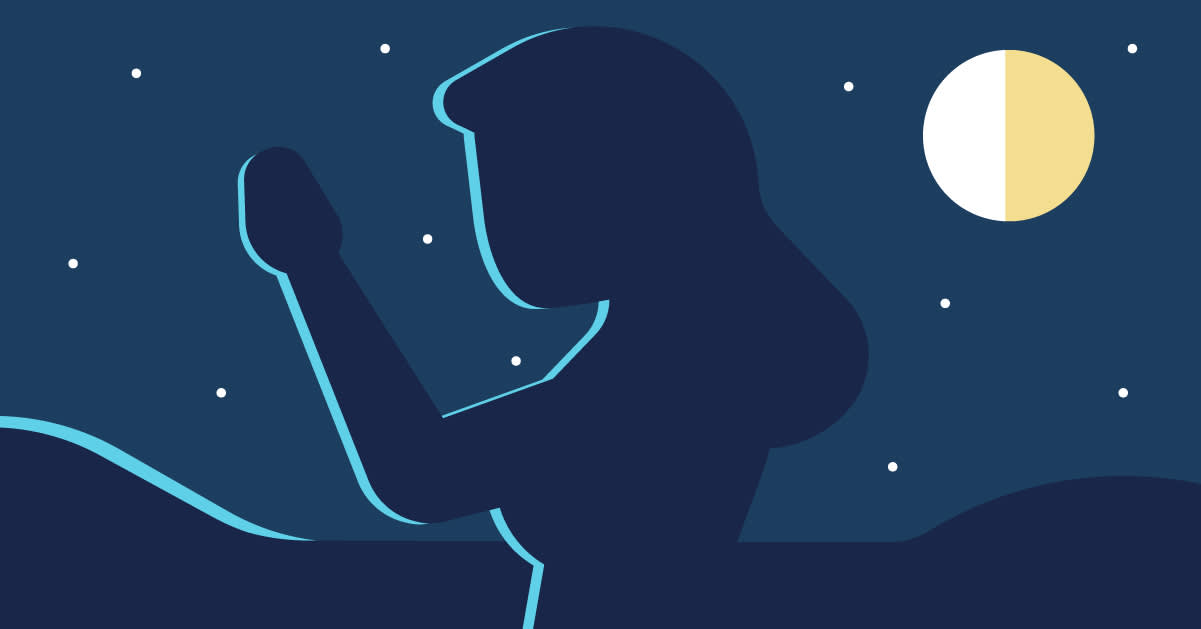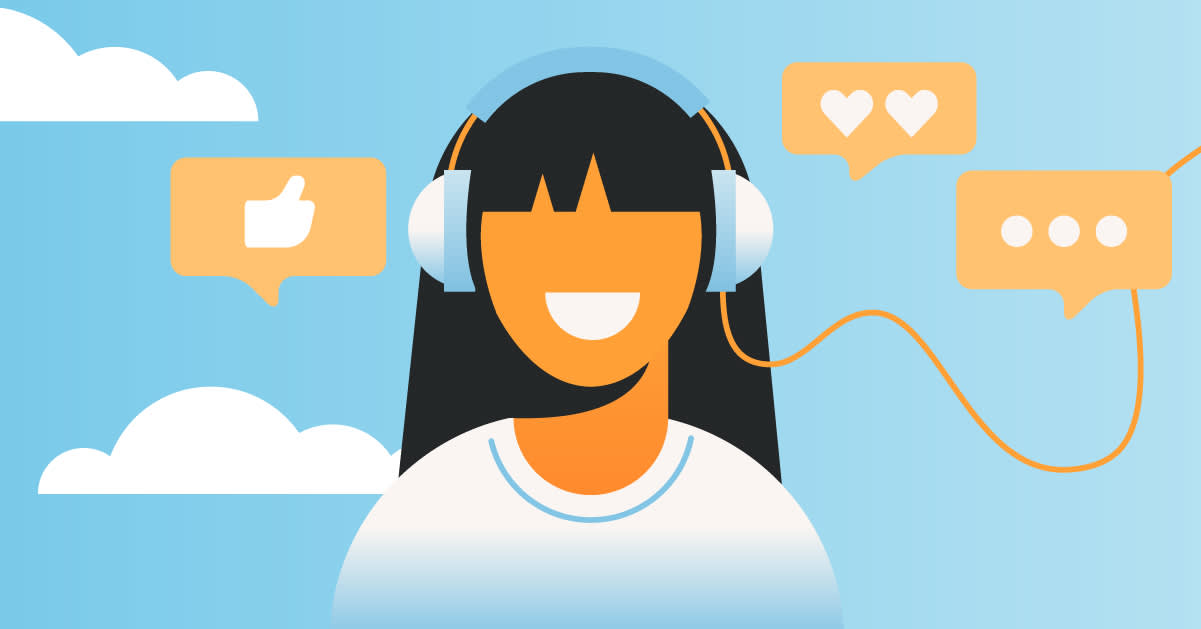I still remember the first time I encountered Go Ask Alice. It wasn’t new by any means (my mom was born a few years after the book’s 1971 release), but by the time I hit middle school it was one of those titles that lived forever on library shelves and in whispered conversations. To make this situation even more cliché, the older and more popular girls at school carried it like contraband, that ominous black cover tucked under their arms like a secret—one I couldn’t wait to be in on.
I asked my dad to take me to the library. There it was! Sitting quietly on the shelf, looking perfectly innocent; no grotesque cover, nothing that screamed “forbidden,” which, by my parents’ rules, meant it was fair game. When we went to check it out, though, the Spanish-speaking librarian asked my dad if he knew what the book was about. As a non-English-speaking immigrant, my father shrugged and said no. She told him it was about drugs, sex, running away, and all the things parents hope their 12-year-olds will not be reading about. My dad’s eyeballs almost fell out of his head hearing this, and that was that.
We did not go home with the book that day, but was I done? NO, I’m never done when it comes to getting my hands on a good read (or listen). Two days later, I went back with my mom, making sure that my new mortal enemy, the librarian, wasn’t there. The new one asked, in English, if my mom knew what the book was about. I’d already told her that it was just about a girl in school and her life—nothing crazy, nothing forbidden. My mom nodded, the librarian smiled, and just like that, Go Ask Alice came home with me.
And I devoured it. Not once, but four times before I had to return it.
At the age of 12, I took it completely at face value. The diary felt real. The downward spiral felt real. I remember finishing it and thinking, drinking is bad, drugs are bad, parties are bad, everything is bad. I made a quiet decision right then that maybe I didn’t need to be the kind of girl who went to parties or said yes to invitations. It was a habit that, honestly, stuck—I’m still the person who turns down most invites, or leaves the party by 11 p.m. to go home and read. It works for me now, but as a teenager, it turned me into someone who was always cautious.
Being good wasn’t just about reputation. It was about keeping my family safe and making sure all their sacrifices weren’t wasted.
I know, I know, you’re probably thinking this book ruined my younger years, but it didn’t. I had a great time in high school. But I’ll be the first to admit that Go Ask Alice lived in my head, especially on the night of my very first high school party. Every time someone offered me a drink, I’d think of it. When a friend tried to pass me something stronger, the fear in those diary pages came rushing back. For me, trouble didn’t just mean parties or peer pressure. It meant something much heavier.
As a first-generation Dominican American, with two undocumented parents who came to this country looking for a better life, I knew that my mistakes could carry consequences far beyond detention or a bad grade. Reading Go Ask Alice made me realize that if I ever got into real trouble, it wouldn’t just be mine to bear. It could ripple outward and create problems for my parents, who couldn’t afford attention from the wrong places. While Alice’s parents could show up and help her through her chaos, mine didn’t have that luxury. I carried that understanding quietly, even if I couldn’t name it yet. Being good wasn’t just about reputation. It was about keeping my family safe and making sure all their sacrifices weren’t wasted.
The book scared me into being the good student with her face in a book and a calendar full of after-school clubs. From biology and chemistry to sewing and yearbook, if there was a sign-up sheet, I was on it. It kept me busy, and maybe that was the point. Busy girls don’t get into trouble.
And then, 20 years later, I found out it was all fake.
In 2022 my fellow Audible Editor and lover of all things true crime, Kat Johnson, recommended Unmask Alice (I'm taking a moment here to give kudos to Kat because every time she recommends a listen I'm either so horrified that I promptly run back to Romancelandia, or I'm so intrigued that the story becomes my personality for a while). I thought Unmask Alice would be a nostalgia hit, maybe a fun revisit of something I’d loved as a kid. Instead, it felt like the floor dropped out from under me while I was slapped in the face and called a “big dummy” all at once. I remember sitting in my car and going what the 🤬. There it was, all laid out in front of me.
I thought Unmask Alice would be a nostalgia hit, a fun revisit of something I’d loved as a kid. Instead, it felt like the floor dropped out from under me.
Unmask Alice starts with history, then pulls apart the entire mythology behind Go Ask Alice to reveal its real author, Beatrice Sparks. It alleges that Sparks managed to manipulate publishers, parents, churches, and the media, and built a career out of fake teen tragedies. For Jay’s Journal, she even twisted pieces of a real teenager's diary to fit her own narrative, which the teen’s family later disputed. In the case of Go Ask Alice, there was no diary, no Alice, no overdose—just an adult inventing horror stories and moral panic.
My jaw was on the floor.
All that fear. All that good-girl conditioning. All those little choices I made because I thought I was learning from someone else’s mistakes. And it was all made up? It was completely wild realizing how much of yourself can be shaped by a story that was never real. I thought I was being guided by empathy, by this genuine need to not end up like Alice. But really, I was being managed by fear. (Note: Despite the book’s “unmasking,” it continues to be positioned in marketing materials as a real teenager’s diary, because that’s the structure of the story.)
Yet, I can’t fully hate it. Because Go Ask Alice did what a lot of adults in my life back then couldn’t—get my attention. The story made me care about consequences. It made me think, and overthink. It just did it in the most fear-based, manipulative way possible. Now, at the big age of 35, I can see it for what it was. Not a diary but a reflection of adult anxiety. A tool built to keep teens in check. It told me that control was safety, and that being good was the only way to survive. And maybe that’s why it worked so well. Because I was a kid who wanted to do everything right, and Go Ask Alice made the cost of rebellion feel biblical. It made fear feel like wisdom.
Looking back now, I don’t just see the lie. I see the lesson underneath it: the way the world tells girls to be afraid of falling instead of teaching us how to land. Maybe Go Ask Alice didn’t save me from anything. Maybe it just showed me how powerful a story can be when it’s trying to control you. And how freeing it is to finally see through the act...
And if I’m being honest, I’m still a little mad at that first librarian.
Thanks for hearing me out.







